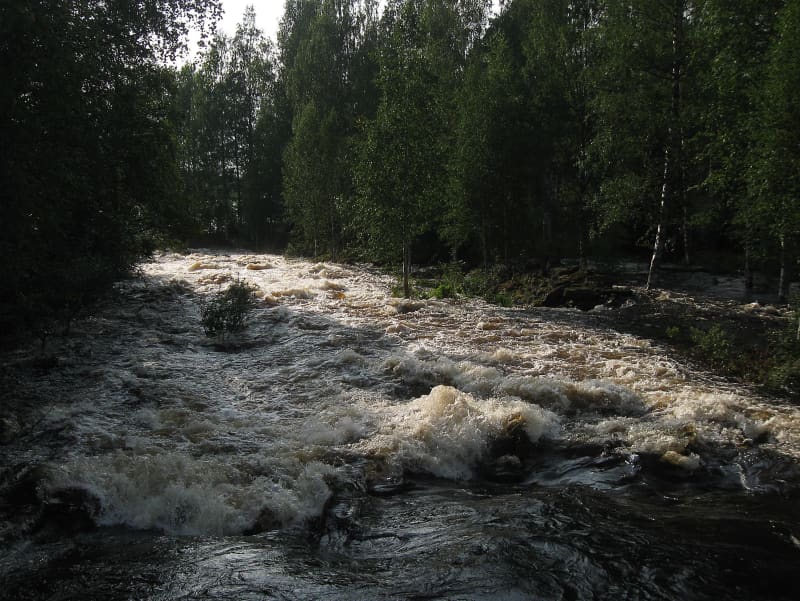
There are no easy and cheap solutions, says Pohjois-Savo fisheries biologist Teemu Hentinen.
The importance of the Heinävesi route for valuable lake trout and lake salmon stocks is recognized in ely centers. Regarding the fisheries solutions regarding Reit and Palok, the authorities are currently investigating.
Eastern Finland’s fisheries centers published a petition on Wednesday, according to which the Paloki rapids should be restored and the dam and hydropower plant built in the 1960s should be demolished.
Will be delivered at the end of March
The investigation is carried out by the ely centers of Pohjois-Savo and Pohjois-Karelia. The aim of the report is to find out the fisheries solutions related to the hydropower plant and to prepare a feasibility and impact assessment of the alternatives.
The report takes into account, among other things, the effects of different alternatives on the fishing industry, the use of waterways, tourism, the region’s self-sufficiency and the goal of phasing out fossil energy.
The report commissioned by the Ministry of Agriculture and Forestry will be handed over to the ministry at the end of March.
The owner of the power plant, Pohjois Karjalan Sähkö, does not participate in the investigation. In the fall, the company has announced that it believes that the trout’s living conditions could be improved without giving up electricity production.
The Palok hydropower plant has a capacity of 6.4 megawatts. It is the largest hydropower plant wholly owned by Pohjois Karjalan Sähkö. The plant’s machinery should be renewed in 2025.
Half a million renovations
According to the ely center, a renovation plan has been drawn up for the Karvionkoski and Kerman-Saunavirta areas of the Heinävesi route. Planning and preparation of the permit application have started.
The implementation of both projects could start in 2025 at the earliest. The cost estimate rises to more than 500,000 euros.
If implemented, the projects would provide approximately six hectares of juvenile production areas for salmonid fish. The amount would be several times compared to the current situation, states the ely center’s press release.
